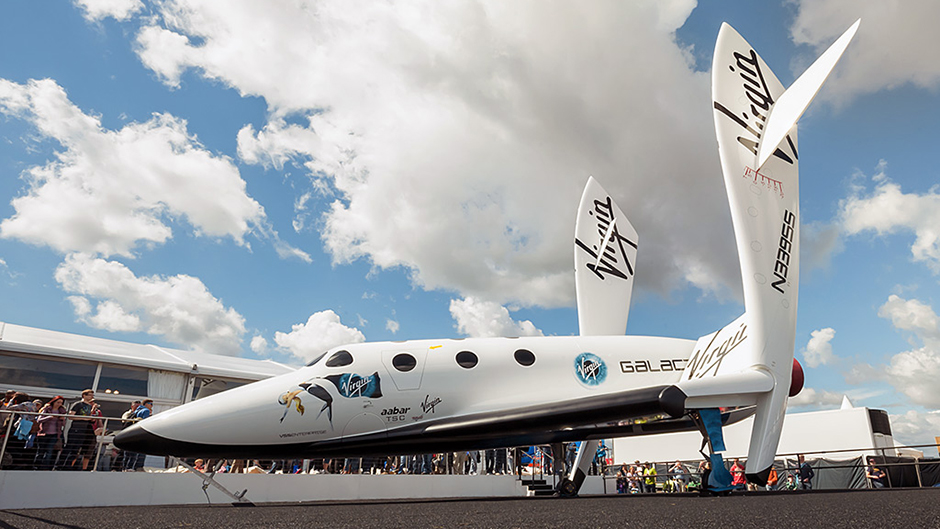Written by: ROLAND LIWAG
If Virgin Galactic's White Knight Two mother ship takes off from its New Mexico spaceport and launches the SpaceShipTwo suborbital spaceplane 60,000 feet above Canada, does it violate Canadian sovereignty and airspace?
Can you legally buy and own a piece of the Moon online and retain full mineral rights of your "property?"
What governs commercial satellite launches and who is responsible for maintaining orbital patterns and space-to-ground radio frequency transmissions?
These scenarios are some of the hot-topic issues that Sylvia Ospina, an international telecommunications and space law consultant, spoke about during a recent talk at Miami Law sponsored by the International Law Society.
With the end of NASA's Space Shuttle program in 2011 and the agency's reliance on the Russian space program to transport astronauts to-and-from the International Space Station (ISS), Ospina said private companies like Virgin Galactic and Space X are starting to pick up the slack on commercial space launches and as a result, new endeavors for lawyers looking for related innovative and unique challenges are opening up.
For example, Ospina said the United Nations has five treaties on outer space, with the Outer Space Treaty of 1967 forming the foundation of international space law. Despite its near global recognition, the treaty has several drawbacks that can be a source of interesting legal work for prospective space lawyers: The treaty is only enforceable between states and parties that have ratified it; an international agency to enforce the treaty does not exist; disputes need to be settled diplomatically; and some definitions like where airspace "ends" and outer space "begins," need clarification.
Ospina said private space launches can cost from $250-400 million. As a result, these rockets and their precious cargo need to be insured in case something goes wrong and the payload is lost. So a lawyer looking to work in space law also needs to have skills in relevant fields like insurance, economics, banking, finances, and even engineering.
"I was among three lawyers in a field of engineers," Ospina said. "I learned a lot about [satellite] transponders that translate signals to-and-from the Earth."
With space tourism, NASA's continuing reliance on private companies for designing and building new launch vehicles, and the growing constellation of communications and military satellites orbiting the Earth, space law is a promising field to provide legal frameworks and definitions to companies and institutions that hope to go further into the final frontier than any have gone before.

